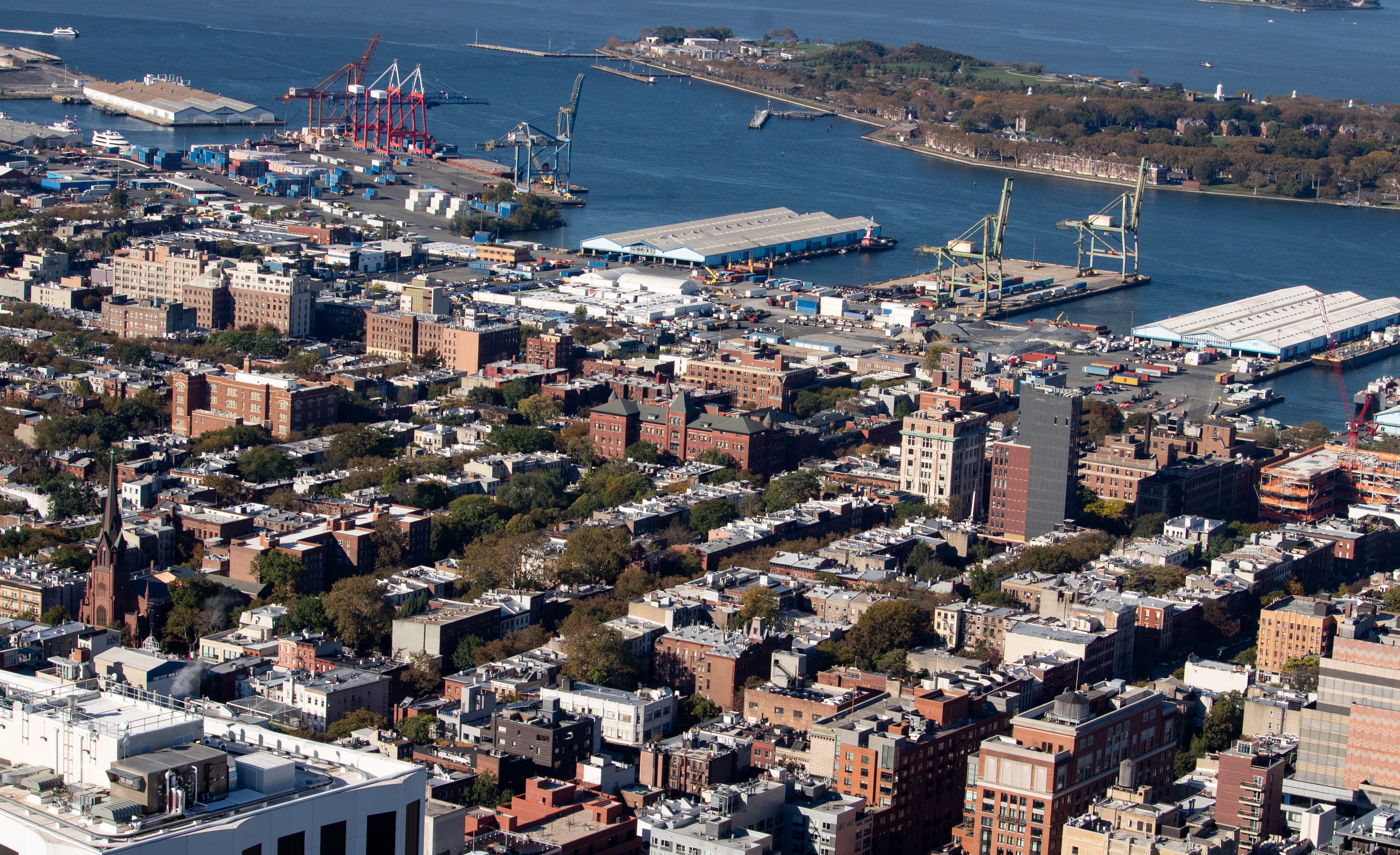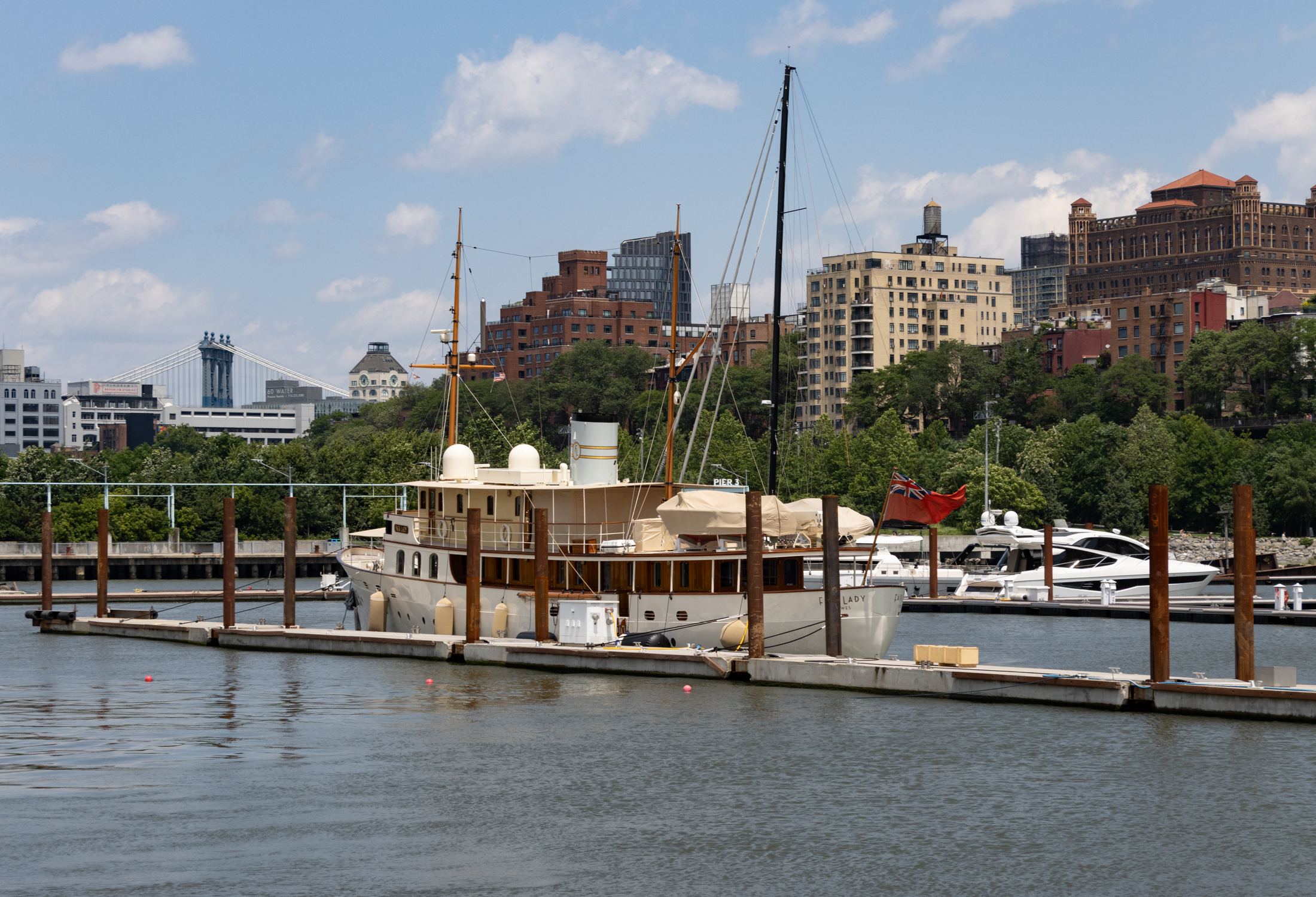New Yorkers: Look to San Fran for Inspiration
That’s what urbanist Joel Kotkin, author of The City: A Global History, suggests in the NY Observer. We might want to look, or look up to, San Francisco for its survivalist instincts and a model of “what we could evolve into.” Here’s more: You have to remember there’s a huge group of people in San…


That’s what urbanist Joel Kotkin, author of The City: A Global History, suggests in the NY Observer. We might want to look, or look up to, San Francisco for its survivalist instincts and a model of “what we could evolve into.” Here’s more:
You have to remember there’s a huge group of people in San Francisco who bought their homes when they were affordable. Then there’s a population [that’s] there for the San Francisco experience. Think of the country—there’s this country and then there’s these giant theme parks; and one is New York and one is San Francisco. … You go there; it’s a phase of your life. You live there for five years, 10 years. But then most people either don’t do well enough to stay, or get tired of it at some point and leave.
Hm. Is that what will happen?





Yeah but coming to a city then leaving in 5-10 years is nothing new and has been happening in this city ad every other one for generations. Even if you come to new york and make it big, in 10 years you’re sick of the noise/crime/traffic/rents/negative-city-issue-of-the-year and want to raise a family or whatever and move out. And while your doing that new people are taking your place in the city. What is the point of this article? Does the writer suggest the population will magically return to the ‘old timey’ new york locals all the natives pine for?
Liberals seem to be gravitating towards the coasts, was my point.
My desire to live in NYC or Portland is not strictly liberal based, but those are the two cities I really love for many reasons. Being urban, heavily invested in Mass Transit, a thriving cultural scene, beautiful housing stock and gay friendliness are also things at the top of my list.
two comments on SF.
1) People in SF drive and most houses have garages
2) houses like 50 Sterling Place (see above) are usually occupied by a single family and not sub-divided into apartments with windowless living rooms.
11217;
Isn’t your statement somewhat contradictory? If liberals are on the rise, as you state, then why would you only consider living in NYC and Portland? What happens to liberals in other cities? Are they run over by SUV’s driven by rednecks?
Both cities also have wild flocks of parrots, ..so we both have that going for us as well.
Alas no, Dave, we didn’t have “breathtaking Russian views” from our place. But there was a small trailer park up the road. I remember one trailer in particular, the exterior of which was festooned with antlers and Christmas lights.
You might be right, Santa, but I was just in Atlanta last week for business and saw very few homeless people.
Certainly nothing on the scale of San Fran, Seattle, Portland, etc.
It seemed more in line with East Coast cities like Baltimore, DC and New York.
atlanta also has a huge homeless population
I was recently in Seattle and the number of homeless there is also staggering. Same in Portland. I had been before, but the problem in those two cities seems to be escalating, not improving…